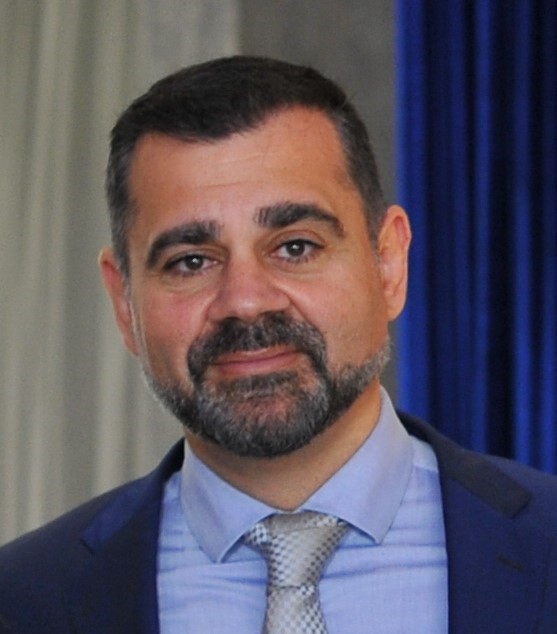Welcome Message
At the University of Nicosia, we recognise that technology has a crucial part to play in higher education, and that enhancing learning, teaching and assessment through the use of technology is one way we can address our strategic vision and mission in higher education.
Some of the key benefits of using technology include improving the efficiency of existing processes carried out in a more cost-effective, time-effective, sustainable or scalable manner.
Moreover, at the University of Nicosia, we strive to support students who wish to study off-campus as we are keenly aware that more and more students are working and so might find it difficult to attend face-to-face classes. We also believe that new and emerging technologies undoubtedly afford excellent opportunities for enhancement of learning opportunities on campus, at the workplace or at home. Some of these technologies include new generations of innovative hand-held and mobile information appliances.
As there is growing evidence that appropriate use of technology may improve learning, the University aims to use the most up-to-date technologies and state-of-the-art learning design theory. An integral part of our approach to the learning design of our e-learning courses is the institutional commitment to help our students develop higher-order skills of critical analysis, reflection, and problem-solving. We also emphasise supporting learners in building knowledge collaboratively and engaging in social learning.
We firmly believe that effective use of technology will also help the increasing number of life-long learners gain access to formal qualifications thus equipping learners as workers and citizens in an information society. Furthermore, our University places great importance on developing its provision of assistive technologies for people with disabilities.
The University’s approach to e-learning draws on the detailed recommendations made in (1) the Higher Education Funding Council for England’s (HEFCE) revised approach to e-learning strategy for enhancing learning and teaching through the use of technology and (2) the UK Quality Assurance Agency (QAA) for Higher Education 2010 Amplified Version Strategy for flexible and distributed learning.
Professor Demetris Vrontis, PhD
Vice Rector for Faculty and Research

